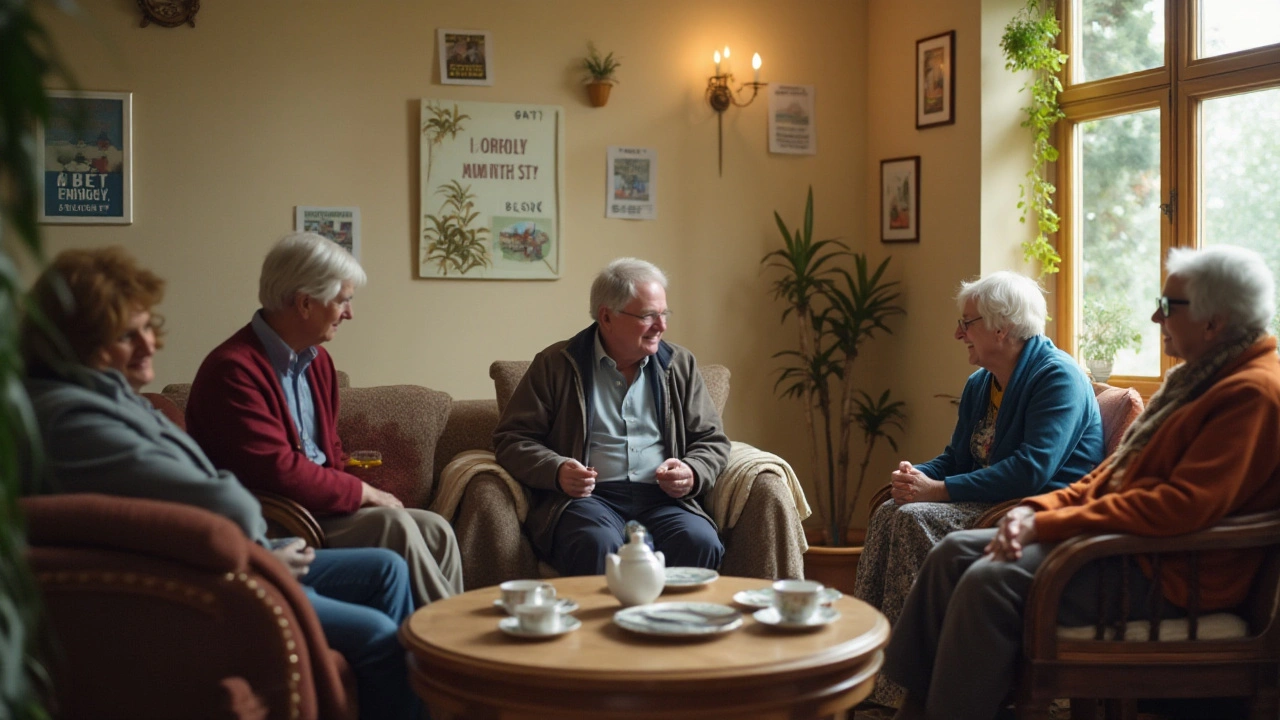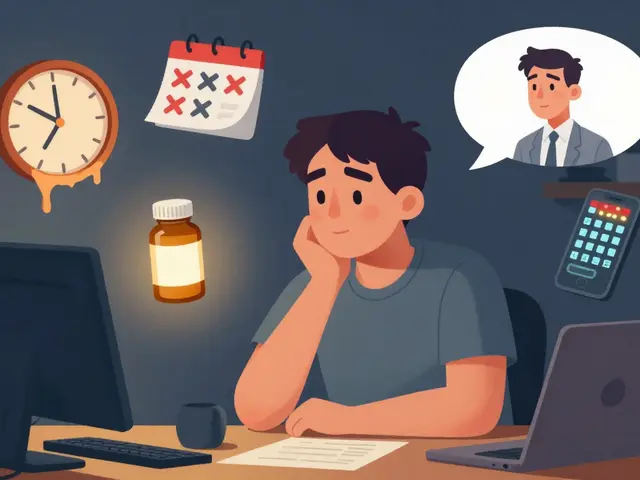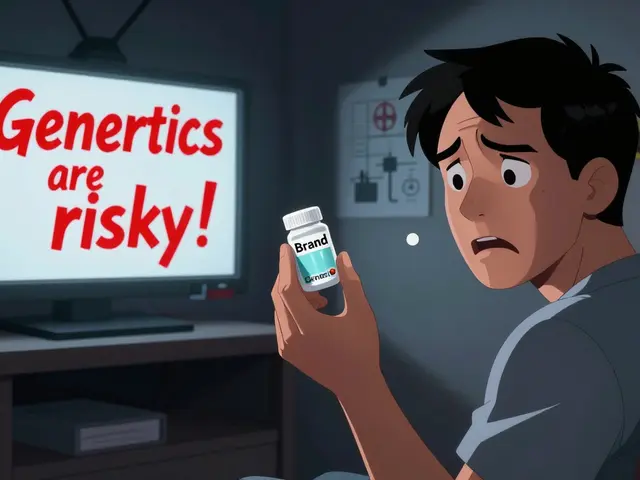Addiction Recovery: Practical Help, Meds, and Support
If you or someone you care about is working on addiction recovery, what matters most is clear, practical steps you can use today. Recovery looks different for everyone, but most people benefit from a mix of medical treatment, routine changes, and steady support. This tag page collects easy-to-use guides, medication info, and tips on finding safe prescriptions so you can make better decisions without guessing.
Medications that can help
Some meds reduce cravings, block alcohol or opioid effects, or ease withdrawal. For alcohol dependence, Antabuse (disulfiram) creates an unpleasant reaction if you drink; naltrexone and acamprosate lower cravings. For opioid addiction, methadone and buprenorphine are common options that stabilize people so they can focus on life and therapy. Naloxone is a life-saving emergency drug that reverses overdoses.
Medications don’t fix everything, but they cut risk and give breathing room to learn coping skills. Always talk to a doctor before starting any drug. If you’re curious about buying meds online, read articles like our Antabuse and Buspar guides first—those explain safe sources, prescriptions, and red flags to avoid fake or unsafe pharmacies.
Practical steps and daily habits
Start small. Pick one clear goal for the week—attend a support meeting, call your counselor, or remove alcohol from the house. Track triggers: people, places, or feelings that push you toward using. Once you know them, plan replacements—go for a walk when stress hits, call a sober friend, or practice a five-minute breathing exercise.
Build predictable routines. Regular sleep, simple meals, and short daily movement reduce cravings and improve mood. Keep a short emergency plan: who to call, a safe place to go, and a distraction list. These small moves lower the chance of a relapse because they replace chaotic decisions with ready options.
Support matters. Peer groups (AA, SMART Recovery), therapy, and family can keep you honest and offer perspective on hard days. If cost or access is a problem, look into community clinics or online counseling options. Many find medication plus weekly therapy and a peer group most effective.
On this site you’ll find practical posts about medications, where to buy safely, and how treatments compare. Read specific articles before trying something new—like our Antabuse purchasing guide or tips for safe online pharmacies. If you need immediate help, contact local emergency services or a crisis line. Recovery is a step-by-step process, and using the right tools and support makes those steps easier and safer.
Want a next step? Pick one article here that fits your situation—medication info, shopping safety, or relapse-prevention tips—and read it this week. Small actions add up fast.






